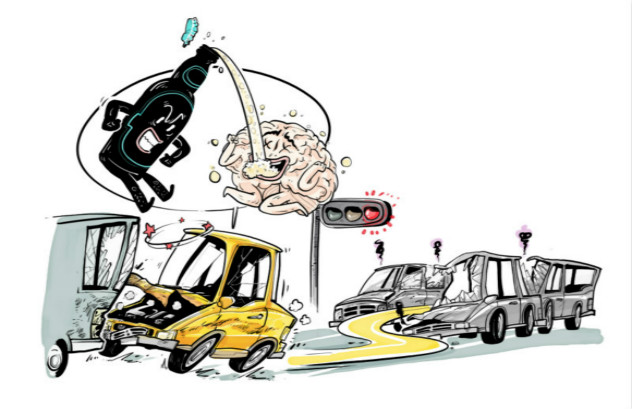Why is the refugee crisis so hard for the EU to handle?
The political problem for Europe is compounded by the number of economic migrants from economically poorer areas, such as sub-Saharan Africa, also keen to move to Europe. The distinction between a refugee and an economic migrant is analytically clear, but blurred in practice. Many of those eventually moved from the ‘jungle’ camp in Calais in northern France, were qualified workers simply looking for better jobs in the United Kingdom. Who paid people smugglers to help them to evade UK controls. Many deliberately destroy their identity documents to enable them to be treated as refugees.
Europe as a whole lacks a political basis for a solution. A deal with Turkey eased the immediate pressure on Europe because it resulted in a much stricter control of illegal movement from the Turkish coast to the Greek islands – a sea-crossing of just a few kilometres to the islands closest to the Turkish mainland. Some attempt has also been made to curb the number of boats sailing from the Libyan coast to Italy. But control cannot be a comprehensive or lasting answer and EU relations with both Turkey and the various factions controlling Libya are strained.
Instead, in the longer-term, the EU will have to come up with a range of policy initiatives. A first is geo-political: so long as conflicts continue (not just in Syria, but also in the horn of Africa), there will be a steady outflow of refugees, hence the need for more effective attempts to resolve the conflicts.
Second, the EU, as one of the richest global regions has a moral responsibility to develop a policy for absorbing and resettling refugees, but it will also face harder choices about how welcoming to be to economic migrants. Several EU countries, including Germany, Italy and Finland are on the cusp of a decline in their population because of demographic trends, but others are not, and this adds to the complexity of the policy decisions.
The third element in a tricky package will be how to revise the rules on refugees, given the sheer numbersarriving. The current arrangement, based on what is known as the Dublin convention, is for refugees to be registered in the country in which they arrive in the EU, but this manifestly puts excessive pressure on the frontline states, especially Italy and Greece.
One dimension of this will be the budgetary cost of processing and accommodating migrants. For Greece, already facing acute pressures on its public finances, the extra burden is a major concern, making it likely that the common EU budget will be called upon to contribute more. However, several of the net contributors to the EU budget may resist taking on new commitments, not least because Brexit will already mean a net loss for the EU’s finances.
Then there is security. Rightly or not, many European governments fear that large-scale migration will make it easier for terrorists to enter their countries by pretending to be displaced persons, something the Berlin attack, (and the November 2015 attacks in Paris) can only have reinforced. Populist parties, such as in France and the Netherlands, have played on this fear and the Dutch populist leader Geert Wilders was quick to blame Angela Merkel ‘s open door policy for what happened in Berlin.
Despite the intensity and intractability of the migration and refugee challenges, there are no real signs yet of any demand to abandon the Schengen agreement by restoring controls on the EU’s internal borders. Like the euro and the single market, free movement inside the Schengen area is one of the defining features of European integration. But Schengen is facing criticism because of its links with the migrant crisis, and a weakening of it cannot be excluded, despite continuing support from mainstream political voices. Whether for EU workers looking for jobs in other countries or Chinese tourists who can take advantage of a single visa to visit so many countries, the risk is real and if Schengen is undermined, it will be widely seen as a further weakening of support for the EU in general.
Iain Beggis a Professorial Research Fellow at the European Institute, London School of Economics and Political Science, and Senior Fellow on the UK Economic and Social Research Council’s initiative on The UK in a Changing Europe





















